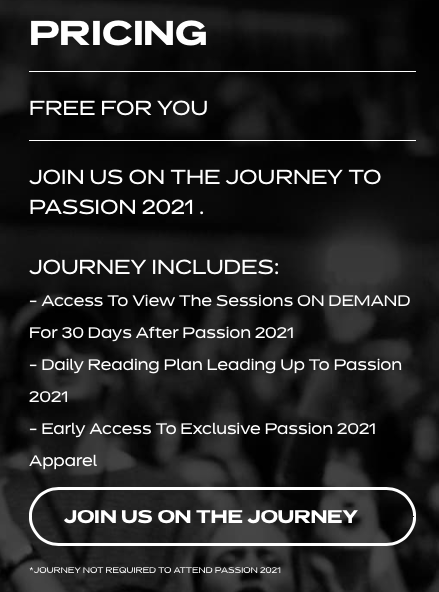Promotional products can be the cherry on top of any marketing campaign. Though you may find this hard to believe. How can a simple product imprinted with your brand name or logo really have that much influence in your campaign? Well, we know from research and what we see large brands doing, that promotional products have the power to increase sales, brand recognition and prompt customers to start thinking about your business.
Generally free items resonate with people, and the best are useful ones. Customers are likely to keep a promotional product if they find it practical and useful. This doesn’t automatically mean these customers come knocking at your door. However if the product they receive is interesting or used for some time, they are likely to remember your brand and the message associated with the item. Delta Marketing reports that for up to, two years customers will remember the item and sentiment, ultimately leading to increased sales.
Now let’s talk about how to choose the right product and incorporate it into your marketing campaign.
YOUR TARGET AUDIENCE:
We stressed the idea that the best promotional products are useful. Yes, useful and relevant to your specific target audience. Think about what your customers or supporters do? What is the demographic? Where do they work? What do they have in common? And then what would be useful or novel to them?
YOUR SPECIFIC MESSAGE:
What are you promoting in the bigger picture? What value are you adding for customers? What is it your customers will gain?
CHOOSING THE PRODUCT:
Once you know who your audience is and have a clear idea for the message you want to deliver, now you need to creatively think of the tangible product to convey this idea in the most useful and unique way.
Be specific and original when searching for the best product. For example, let's take a look at what Passion 2021 is doing this year.
Objective: Get more people to register and attend the conference.
Target audience: Young people between the ages of 18-24.
Strategy: Among many other things, they have listed what attendees will gain from the registration on the website just before the registration button. The list includes:
Access To View The Sessions ON DEMAND For 30 Days After Passion 2021,
Daily Reading Plan Leading Up to Passion 2021, and
Early Access To Exclusive Passion 2021 Apparel.
Promotional Product: Again as in previous years they are selling apparel. A simple, but useful choice in product that is probably unique in design.
Here they are not only selling apparel, but have used it as a marketing tool. Their last point uses language that’s enticing and Apparel is the bait. Early Access pulls on a sense of urgency or fear of missing out, Exclusive sparks curiosity and interest, all while Apparel is the pot of gold at the end of the rainbow.
Marketingsherpa describes another unique way a law firm used promotional item in their marketing efforts.
Objective: Generate more business by informing attorneys about the savings the law firm could provide. The firm saved clients an average of about $100,000 per year in fees.
Target audience: Attorneys who file patent applications for US companies in foreign countries.
Strategy: They used a fake $100 bill shaped like a man with a zipper that when opened, revealed a business card with the firm's phone number, contact name, and personalized URL. These were sent in the mail.
Promotional Product: A seemingly simple product, a custom zipper bag with business card, used in a way that was unique and specific to their industry.
Marketingsherpa reports that about 11% of recipients called or visited the URL.
If you are not sure which product would relate to your business or which would be the most unique, reach out to us! We are always discovering new items in the promotional space. We hope these examples inspired ways you could use promotional products in new ways tailoring them to your specific business or industry.

